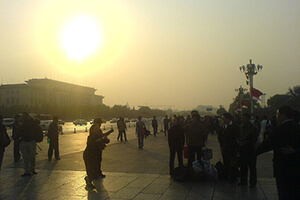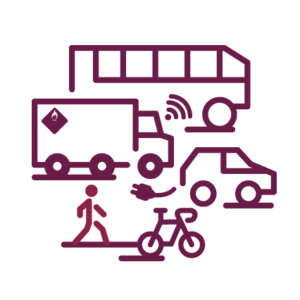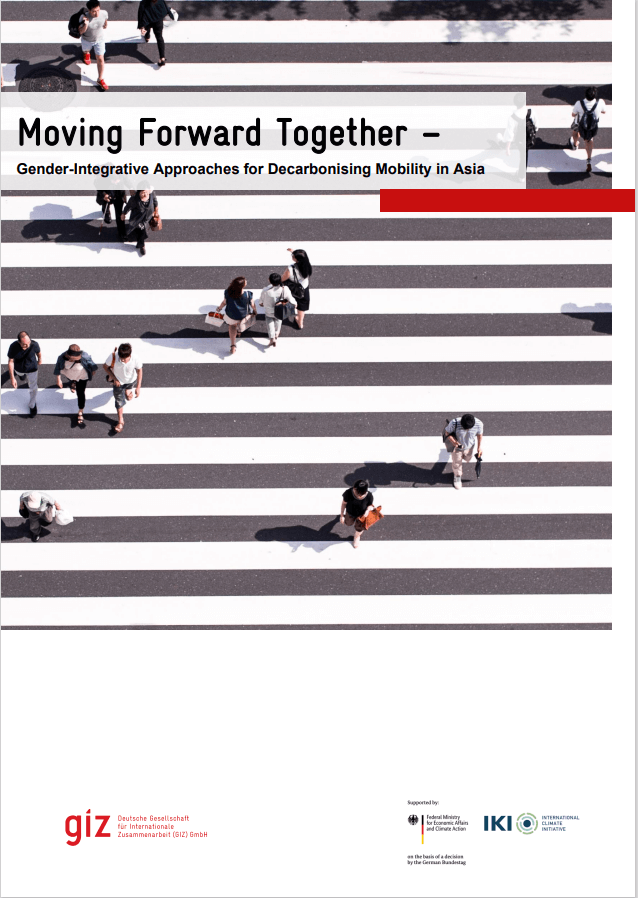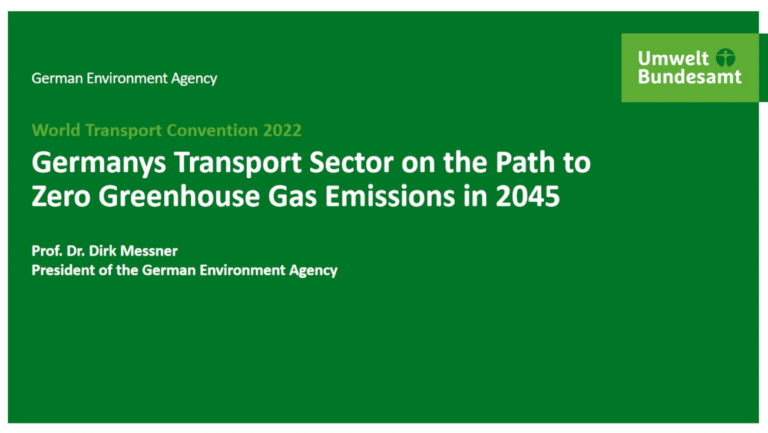On days of continuous and serious air pollution, 80 percent of public vehicles and half of private cars will be banned from Beijing’s roads, the city’s government said on Thursday according to a report of China Daily. When serious air pollution (AQI above 300) is expected to linger for three or more days, bans are to be alternately applied to cars with either odd or even license numbers. On those days, public transportation services will extend their service hours by 30 minutes.
The situation is comparable to the seventies in Germany, when the government needed to release strict limiting values for industry and traffic emissions to combat smog and pollution. Leading to the emission act of 1973, the later chancellor of Germany Willy Brandt had requested in a speech in 1962 already that the sky above the Ruhr Region needed to get blue again. On January 18th, 1985, the first so called smog alert, level 3 was given in the Rhine Ruhr Area; enforcing driving bans and the shut of certain industries. With strict standards, emissions could be cut since then, although the total kilometres travelled per person increased.
“As forecasting environmental and air quality is more complex than meteorological predictions, the bureau should be more cautious when it comes to the information release” said Fang Li, spokesman of the Beijing Environmental Protection Bureau. Due to the fact that cars and vans are responsible for the large amounts of fine particulate matter polluting the air in central Beijing, GIZ is working together with BTRC (Beijing Transport Research Center) on a new, more precise modelling approach for air pollution. Adapting the Handbook of Emission Factors for Road Transport to Chinese circumstances is one of the key project tasks.
On the same day the policy was released by the authorities, a new report published by the WHOs International Agency for Research on Cancer (IARC) identified outdoor air pollution to be proven a leading environmental cause of cancer deaths. “After thoroughly reviewing the latest available scientific literature, the world’s leading experts convened by the IARC Monographs Programme concluded that there is sufficient evidence that exposure to outdoor air pollution causes lung cancer. They also noted a positive association with an increased risk of bladder cancer”, the press release says, air pollution is “the most widespread environmental carcinogen”.
However, as a reaction to extreme air pollution during last winter Beijing plans for the future to suspend classes in middle schools and kindergartens at times of heavy and prolonged pollution.





